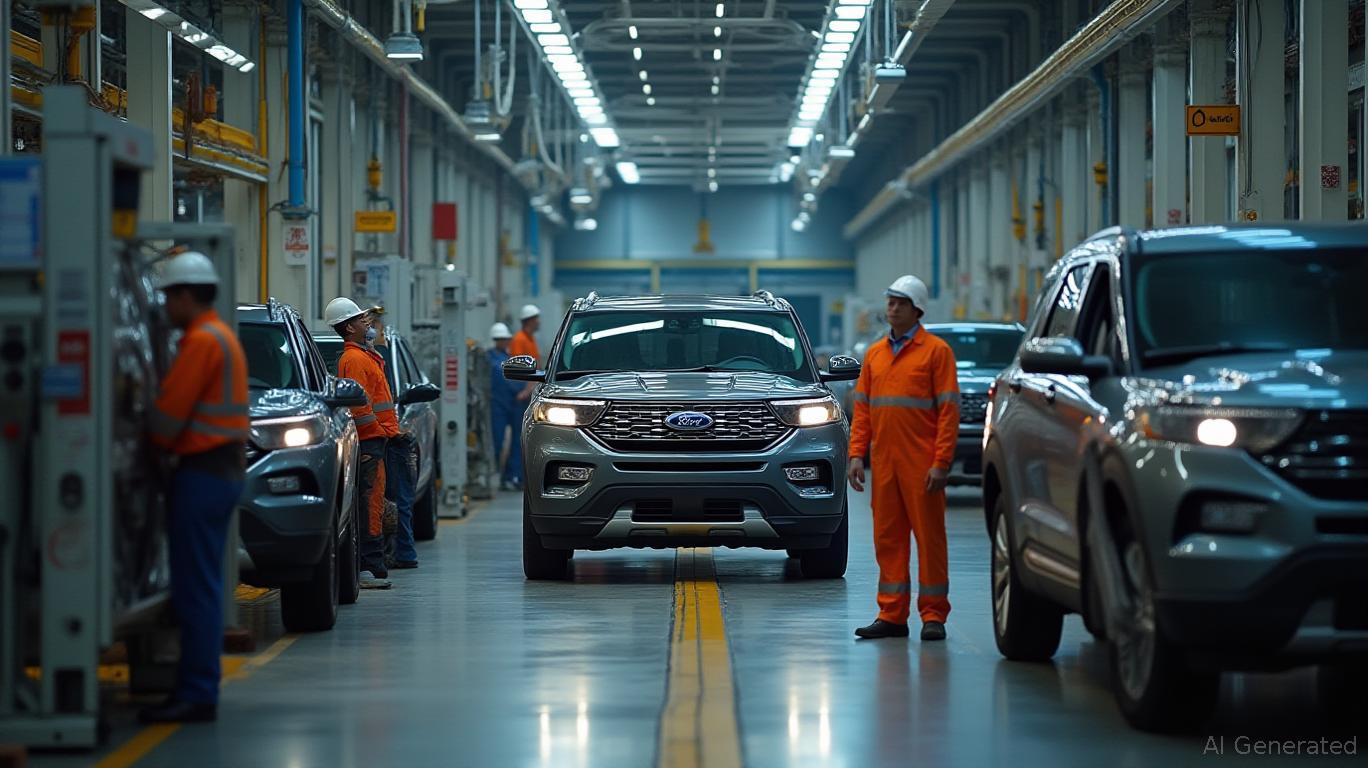On Monday, China approved short-term export permissions for key rare earth materials used by General Motors, Ford, and Stellantis. The move gives these automakers a six-month pause in supply limits that began in April. It aims to ease a strain on global car production that emerged after Beijing set new rules on selling certain metals abroad.
Background of the Export Limits
In early April, China rolled out rules that restricted exports of seven rare earth elements, including those needed to make strong magnets for motors in electric and traditional cars. Beijing holds about 90 percent of global mining output for these minerals and 92 percent of refined material production. Automakers around the world suddenly faced tight supply and sought fast relief.
Immediate Relief for U.S. and European Plants
U.S. factories have felt the pinch. Ford paused its Explorer SUV line in Chicago for a week in May because it lacked magnets. European parts makers halted work entirely as their stock ran low, according to the European Association of Automotive Suppliers. With new export approvals, suppliers serving GM, Ford, and Stellantis can ship metal for the coming six months. That will help factories restart halted lines and avoid more shutdowns.
Industry Voices and Reactions
Michael Hart, president of the American Chamber of Commerce in China, said the approvals moved at a slower pace than industry leaders had hoped. He urged Chinese agencies to speed up the process. Stellantis noted that it cooperates with its suppliers to manage paperwork. The company said it has met near-term production needs without large setbacks. GM and Ford chose not to comment on the record.
Trade Talks and Wider Tensions
Last week, Presidents Donald Trump and Xi Jinping spoke by phone. They agreed to keep talking about rare earth magnets and other trade issues. White House officials said both sides will meet to iron out details. U.S. Treasury Secretary Scott Bessent accused China of holding back certain goods as leverage in their tariff dispute. He said that Beijing agreed to let more materials flow but then slowed approvals.
Long-Term Uncertainty Remains
Although the six-month permissions bring relief, they leave questions about what comes next. China can still set future limits or change its rules at any time. Industry experts warn that firms must seek new sources outside China or invest in mines at home. Some U.S. senators have proposed incentives for domestic rare earth mining and processing. They argue that the United States should not rely so heavily on one supplier for these vital materials.
Global Supply Chain Implications
Rare earth metals play a key role in modern cars, especially electric vehicles. They help power motors that use less fuel and lower emissions. Automakers are racing to meet growing demand for electric models. Any hold-up in metal delivery can halt final assembly lines and delay car deliveries. Given the push for greener transport, securing a steady metal flow ranks high on every automaker’s priority list.
Next Steps for Automakers and Governments
Automakers must now plan for life after the six-month window expires. They can boost stockpiles, tap new mines, or turn to recycling old magnets. Governments on both sides of the Pacific may aim for deals to ensure steady supplies. In the meantime, factories will run smoother with this temporary fix in place. However, many industry watchers believe true security will come only when rare earth sources diversify and global trade rules stay stable.

